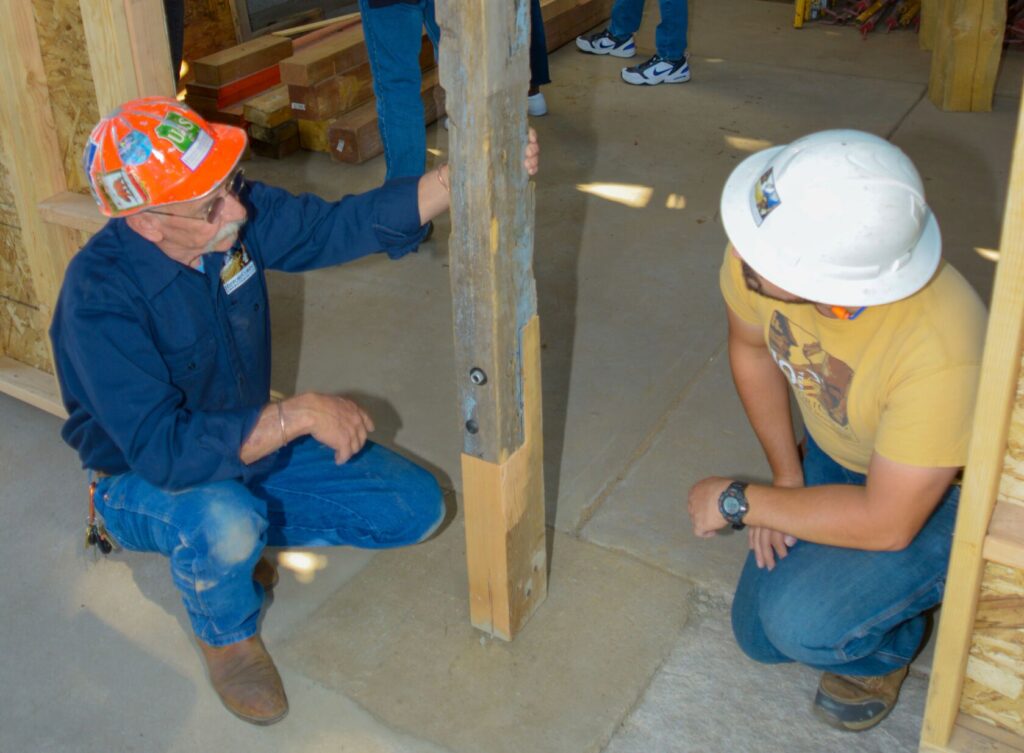Senate committee turns down bill to change indefinite sentencing for sex offenders
The Senate Judiciary Committee Monday voted down a bill that would change the state’s laws on indefinite sentencing for sex offenders. The measure, Senate Bill 17, would allow judges to determine on a case-by-case basis whether to sentence sex offenders to “indeterminate sentences,” which in some cases means a life sentence.
The issue of indeterminate sentencing most recently came up in 2016 when a Boulder man, Austin Wilkerson, was sentenced to two years of work release and 20 years on probation after being convicted of raping a young woman in 2014. According to the Boulder Daily Camera, Wilkerson could have received from four to 12 years for the crime. But the crime also falls under the state’s lifetime supervision act, meaning Wilkerson could have gone to prison for life with the possibility of parole. Some judges have been hesitant to impose prison time because of that.
Part of the problem, according to Republican Sen. Kevin Lundberg of Berthoud is that the treatment programs that would allow sex offenders to go through treatment and then be released under the act just don’t exist. “What should be a safety value ends up akin to a lifetime sentence for a crime that doesn’t call for it,” and “that’s not justice,” Lundberg told the Senate Judiciary Committee Monday.
As a result, some judges have figured out how to change the charge other than what the actual crime was, to avoid the indeterminate sentencing rule, and that’s not justice either, he said.
A judge should have the prerogative to say whether it’s appropriate or not, Lundberg said in a committee hearing last month. The bill wouldn’t have eliminated the indeterminate sentencing provisions of the law, Lundberg explained; it just would given judges more options.
The General Assembly has tried for several years to find a way to resolve the problems in the indeterminate sentencing act.
The bill was supported by the Office of the State Public Defender and the Colorado Criminal Defense Bar, based on concerns that low-level offenders were subject to lifetime sentences. Almost no one gets sentenced under the lifetime supervision law, according to Laurie Rose Kepros from the Office of State Public Defender. That’s partly because the law includes criteria that an offender meet certain benchmarks in treatment. The problem, she said, is that these offenders have to get into treatment, but the state is unable to meet that need. As a result, about 1,500 people are on the referral list who are within four years of parole eligibility but unable to get treatment, and high-risk individuals who reach parole eligibility get out without treatment. That increases the chances of reoffending and becomes a danger to public safety.
But the bill drew strong opposition from district attorneys, victims’ advocate groups and victims of sexual assault and it also raised constitutional concerns during an earlier Jan. 31 hearing. Amanda Gall, representing the Colorado District Attorneys’ Council, said judges do not have enough information about sex offenders to make discretionary sentencing decisions. “It’s not that I oppose judges having discretion; as the law is written now, they have ultimate discretion,” said Katharine Booth, also representing the DA’s Council. But she added that the way the bill is written that an unintended consequence could produce reduced sentences.
The bill was laid over at the time to allow Lundberg time to work out amendments. But it wasn’t enough; the committee chair, Republican Sen. Bob Gardner of Colorado Springs, said he had “thousands” of objections to the bill, and the committee’s three Republicans, including Sen. Don Coram of Montrose, all voted against it, killing the bill.
A class from Pagosa High, which has been studying the issue, was present for Monday’s vote. Sen. Don Coram of Montrose told Lundberg he appreciated his intentions but the bill didn’t hit the “sweet spot” of finding cooperation between the district attorneys and the public defenders. Coram later told Colorado Politics that the students from Pagosa High also agree that the bill just isn’t there yet. Coram joked, sort of, that he’s considering either locking up both sides for 10 months to work out their differences, or more likely, to ask for an interim committee during the summer to come up with a viable solution, although Monday’s bill also came from an interim committee from last summer.












